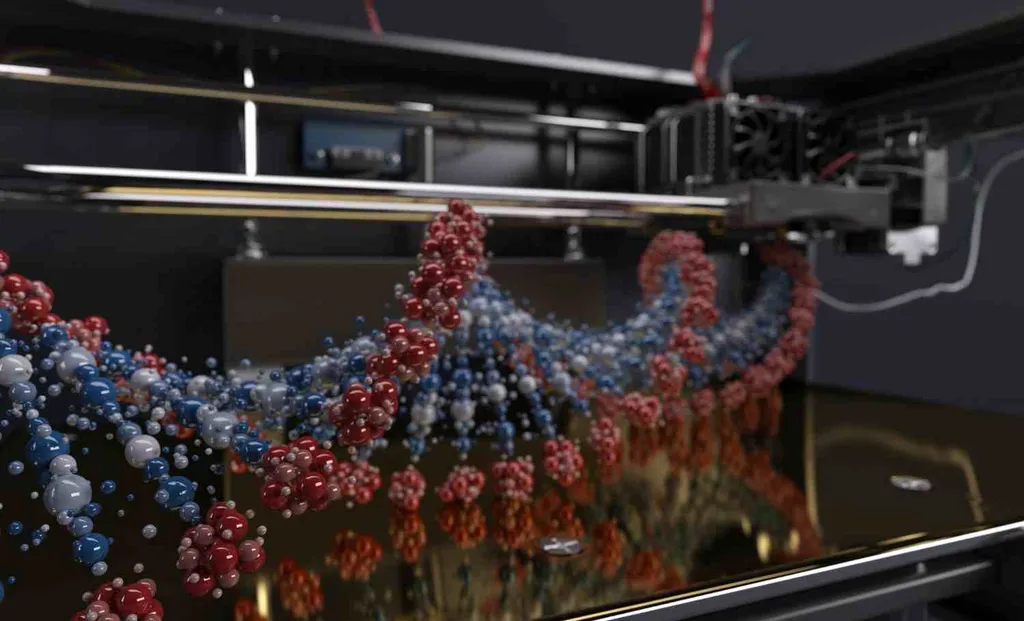In a significant stride towards revolutionizing industrial polymerization processes, researchers have developed a novel class of cobalt-triazole-phosphate nanocomposites that promise to streamline the production of essential polymers like acrylamide and styrene. This breakthrough, led by Naga Lakshmi Pavuluri from the Department of Chemistry at Icfai Tech (FST), The ICFAI Foundation for Higher Education in Hyderabad, India, opens doors to more energy-efficient and environmentally friendly manufacturing methods.
Traditionally, the polymerization of acrylamide and styrene demands high temperatures and harsh conditions, leading to substantial energy consumption and potential environmental impacts. However, the newly synthesized nanocomposites, CoPTrz1 and CoPTrz2, have demonstrated the ability to facilitate these reactions under ambient room-temperature conditions. This innovation could significantly reduce the energy footprint of polymer production, a boon for the energy sector and industries reliant on these materials.
The nanocomposites were meticulously characterized using a suite of analytical techniques, including FTIR, UV-vis, XRD, TG-DTA, DSC, SEM, TEM, elemental analysis, and ICP-OES. These analyses confirmed the structural integrity and stability of the materials. Notably, both CoPTrz1 and CoPTrz2 exhibited impressive band gaps of 1.27 eV and crystallite sizes of 33.5 nm and 26.0 nm, respectively. Thermal analysis revealed distinct behaviors: CoPTrz1 showed two endothermic transitions, while CoPTrz2 exhibited a single transition, with specific heat capacities measured at 1.56 and 1.33 J g^-1 K^-1, respectively.
“These nanocomposites not only simplify the polymerization process but also enhance its efficiency and sustainability,” said Pavuluri. “The ability to perform these reactions at room temperature is a game-changer, potentially reducing energy costs and environmental impacts.”
The implications of this research extend beyond the laboratory. By enabling room-temperature polymerization, the nanocomposites could lead to more cost-effective and eco-friendly production processes. This advancement is particularly relevant for the energy sector, where reducing the energy intensity of industrial processes is a critical goal. The study, published in the journal Materials Research Express (translated to “Materials Research Express” in English), highlights the potential for these nanocomposites to drive innovation in polymer science and industrial applications.
As the world seeks sustainable solutions to meet growing industrial demands, this research offers a promising pathway. The development of thermally stable and efficient catalytic materials like CoPTrz1 and CoPTrz2 could pave the way for a new era of green chemistry, where energy efficiency and environmental responsibility go hand in hand. The future of polymerization looks brighter, thanks to the pioneering work of Pavuluri and her team.

